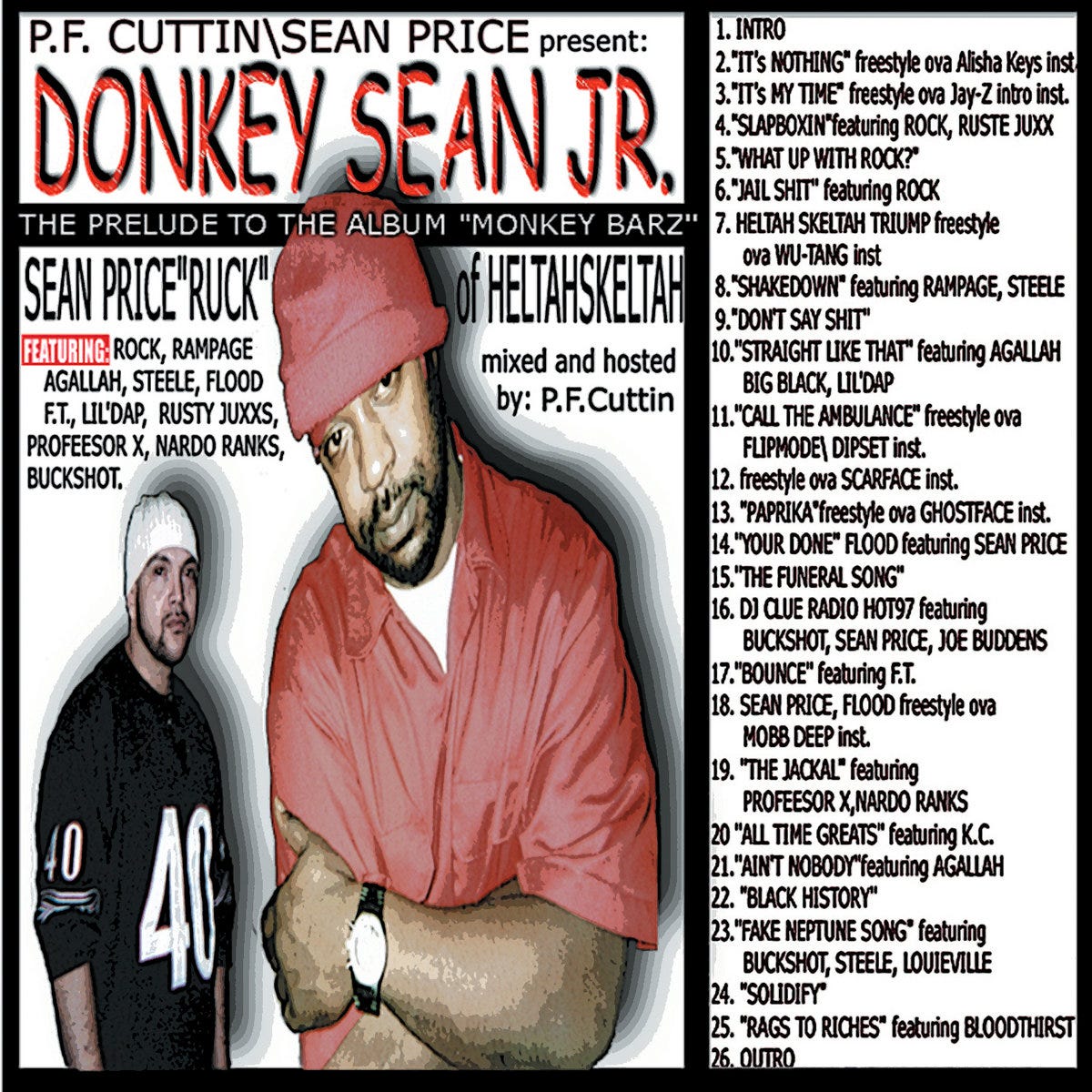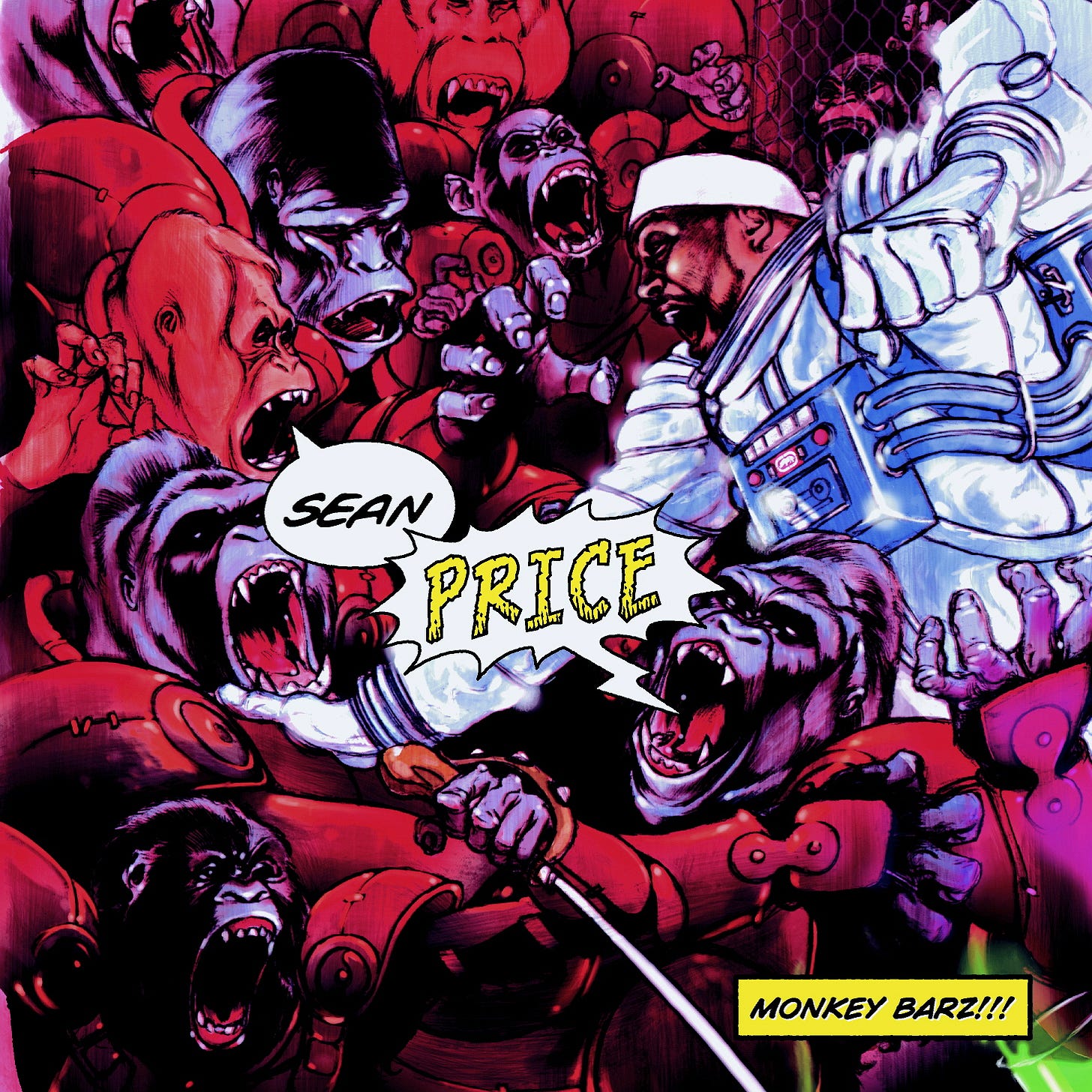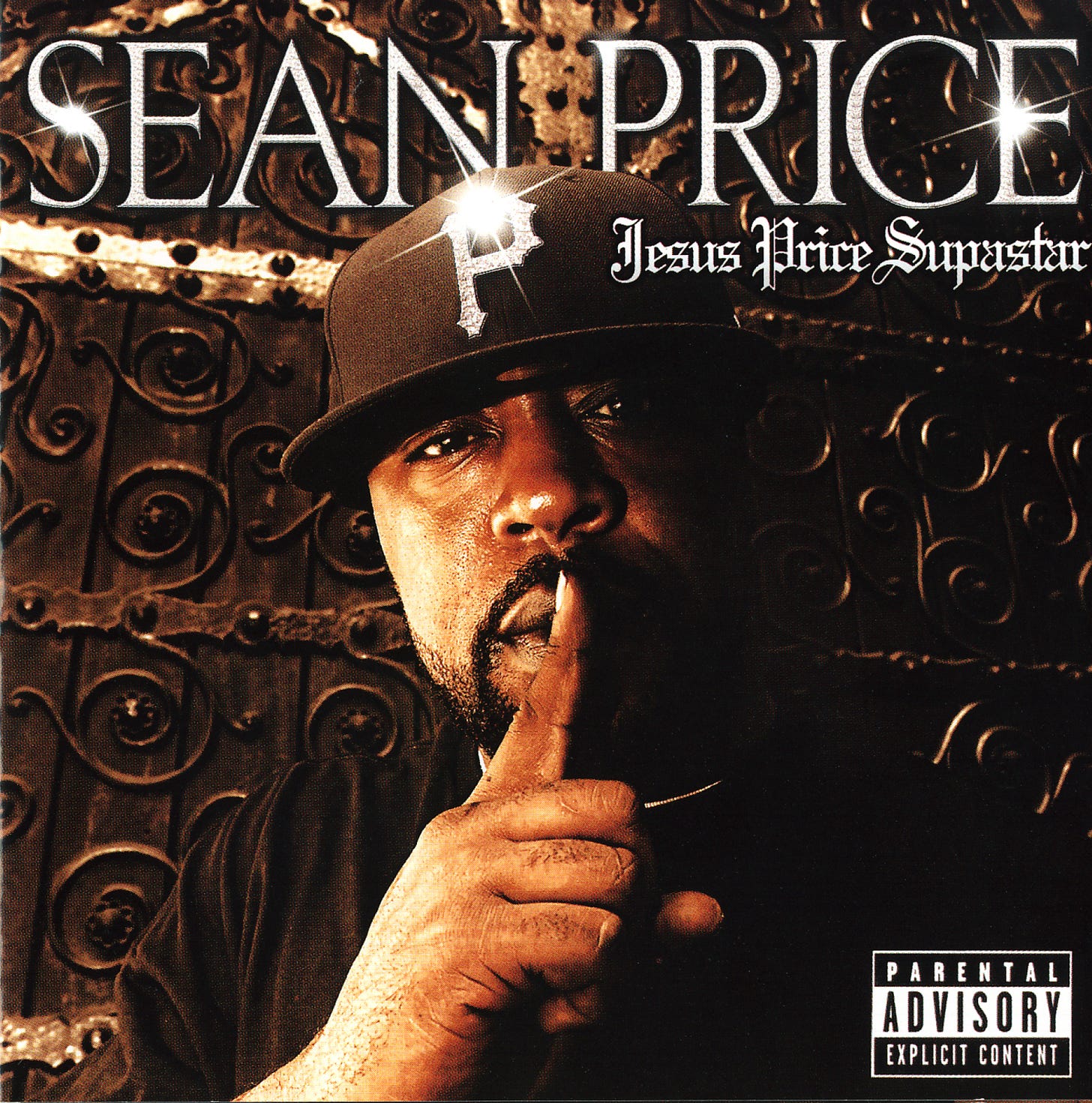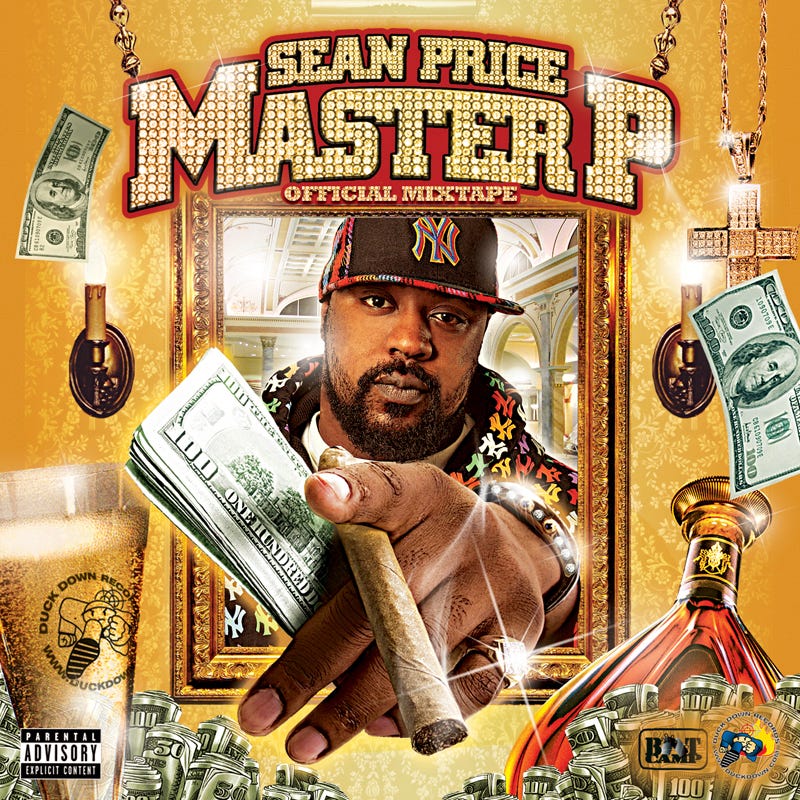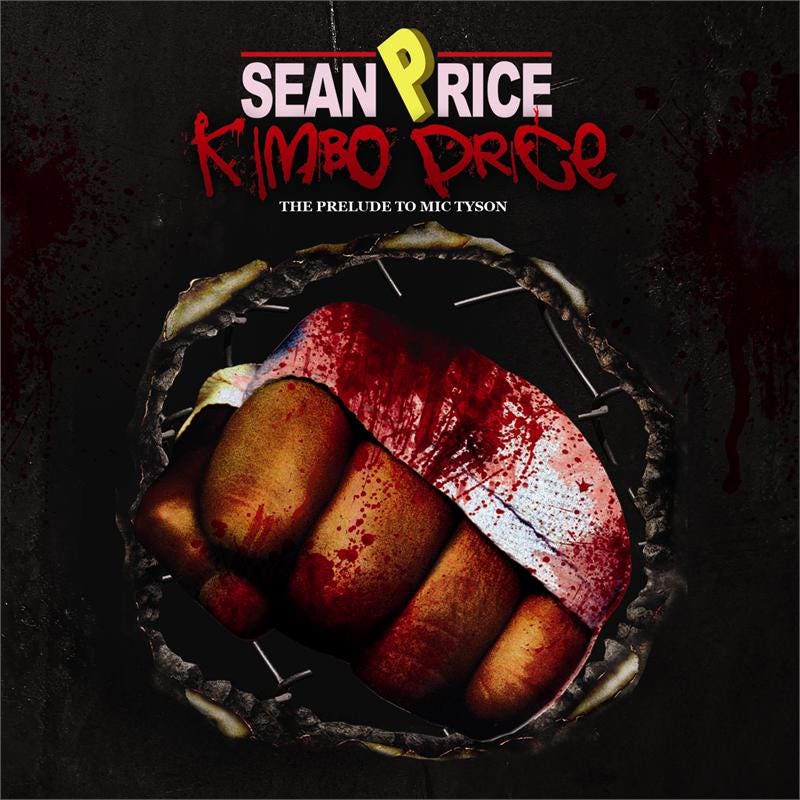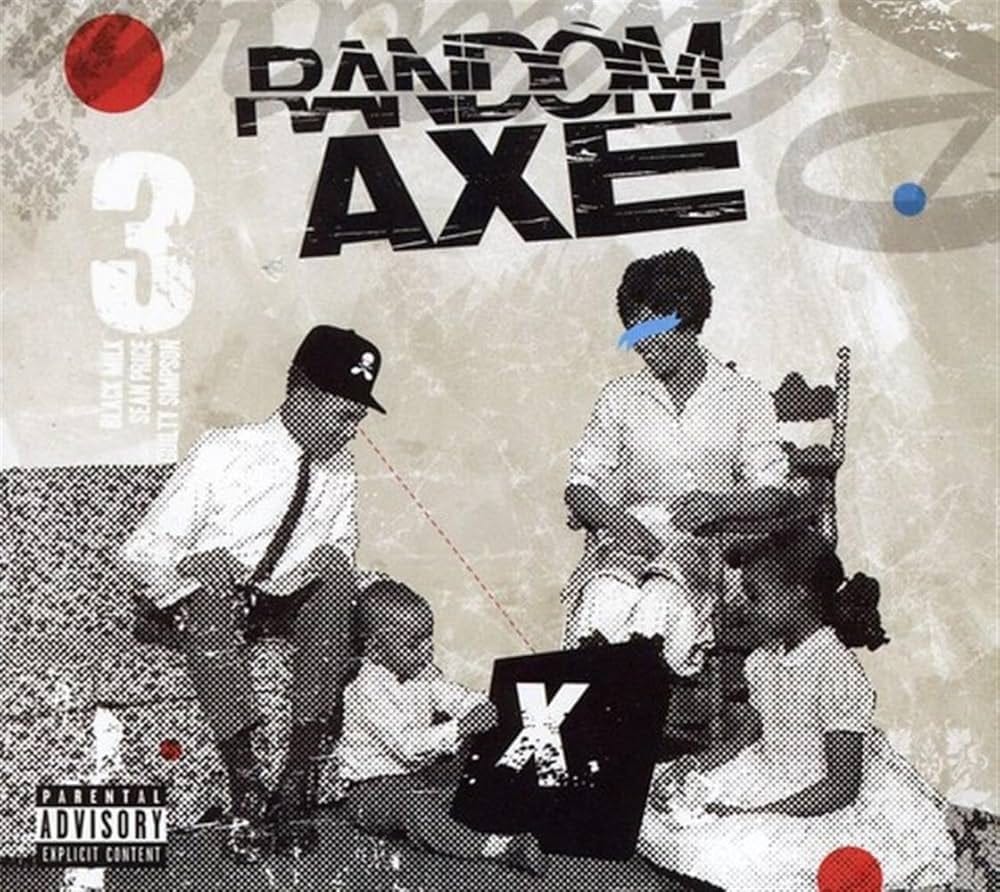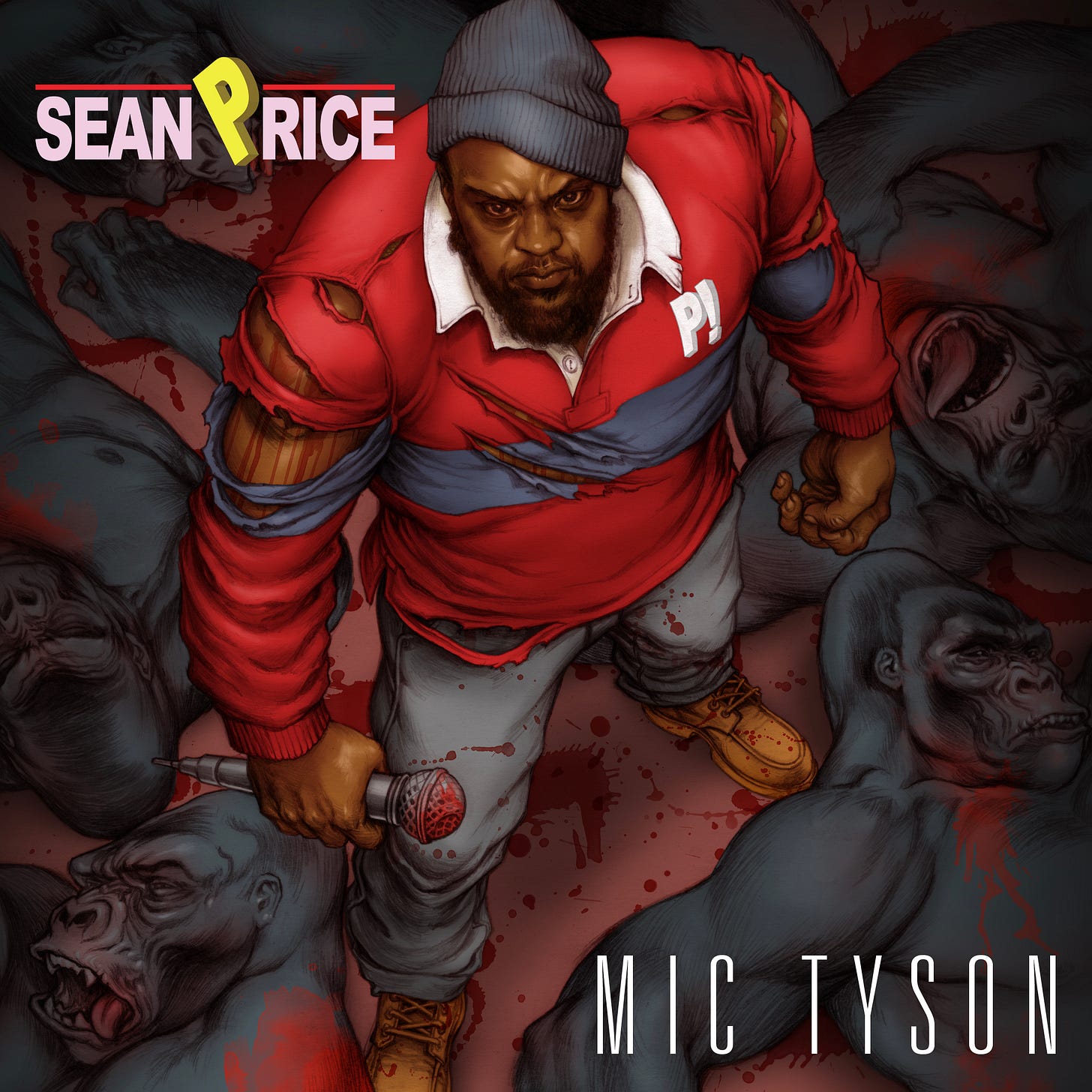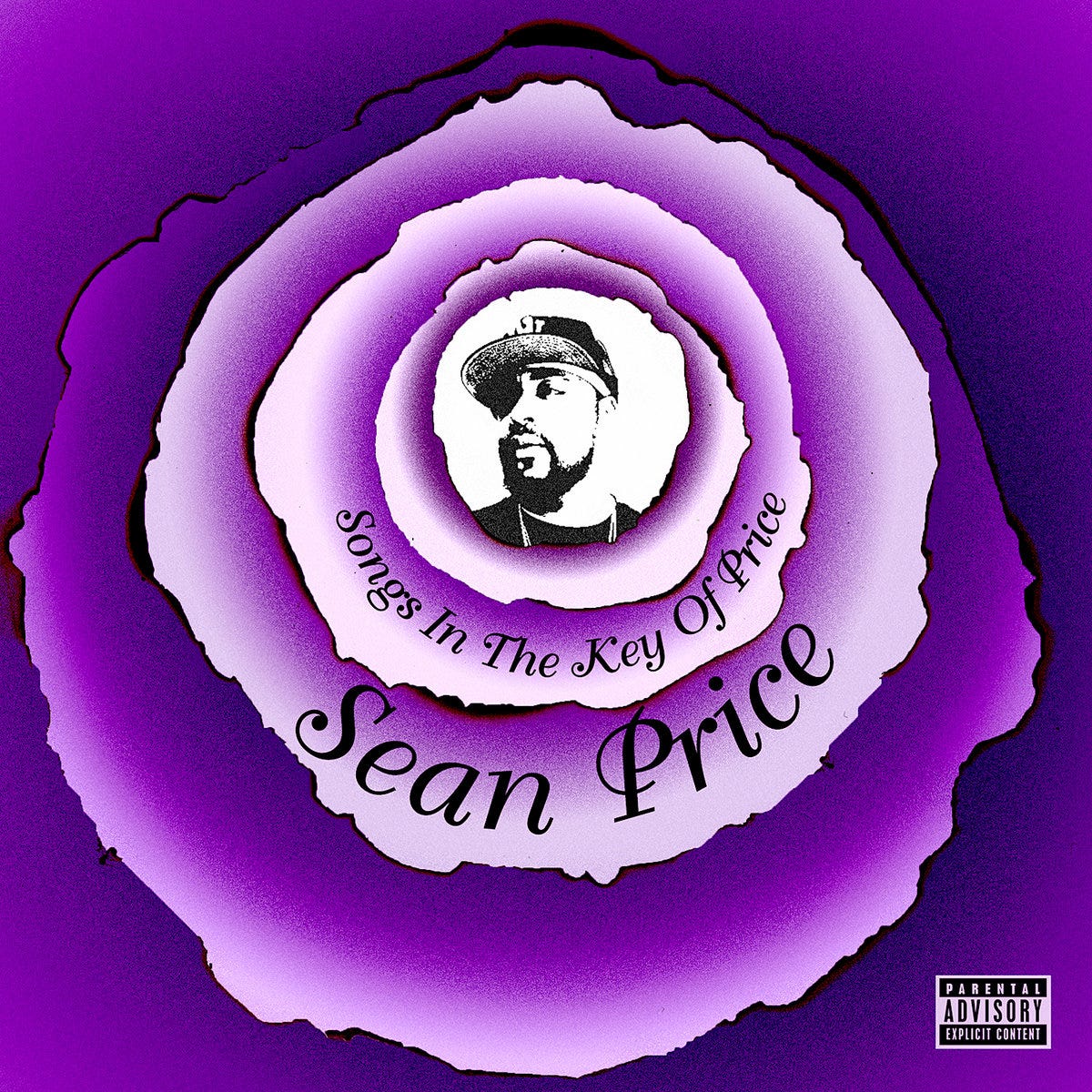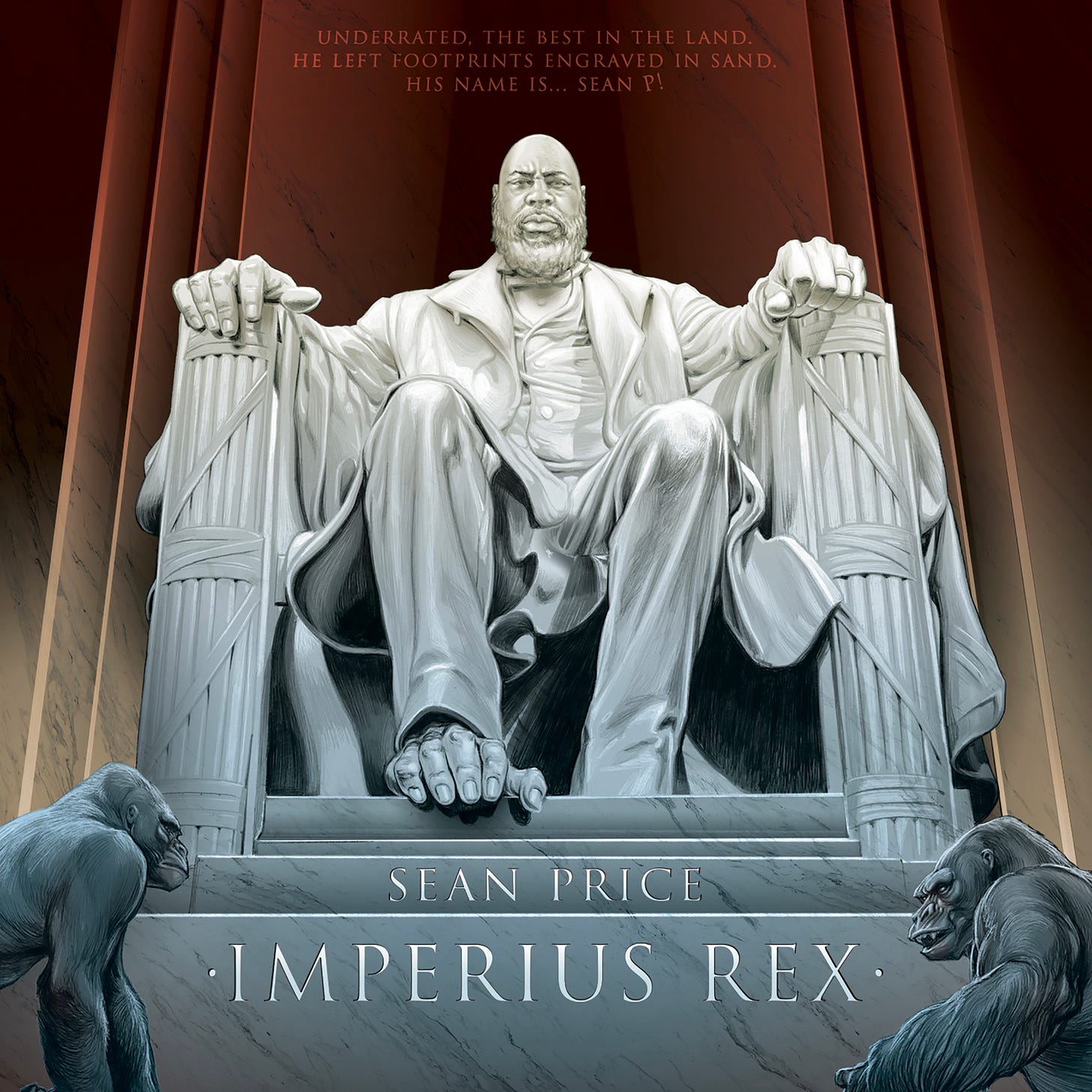The Handguide to Sean Price
Sean Price built songs from clean rhyme strings, blunt humor, and a voice that refused theatrics. Across solo and crew work, he leans on bar count, clarity, and timing.
Sean Price built his reputation on precision, wit, and an unshakable voice, never bending his style to match the moment. He rapped with a directness that cut through excess, letting each line land with the weight of his delivery rather than leaning on embellishment. Across his work (solo albums, mixtapes, crew records), he carried the same dry humor and blunt force, making jokes as sharp as his threats and never losing command of a beat. His writing was anchored in clear statements and tight rhyme structures, a discipline that made even his loosest freestyles feel deliberate. Price’s presence on a track was unmistakable: the clipped phrasing, the sudden punch line, the refusal to waste a bar. In a career that spanned Heltah Skeltah’s tag-team grit, Boot Camp Clik’s unified front, and his own string of uncompromising releases, he showed that longevity comes from staying exacting in craft, not chasing reinvention. His catalog remains a record of an MC who kept every verse grounded in the fundamentals, delivered with a voice that didn’t need dressing to be unforgettable.
We will miss you, P.
Donkey Sean Jr.
Early mixtape Price moves with unruly humor and deadpan threats, cutting between quick freestyles and blunt sketches that prize punchline timing over polish. “Slapboxin Original Version” with Rock and Ruste Juxx doubles as a friendly spar of ad-libs and put-downs, while “Jail Shit” and “What Up Wit Rock” lean into the duo’s old Heltah Skeltah chemistry without ceremony. Solo moments keep the jokes mean and economical—“Its Nothing,” “Call the Ambulance,” and “The Funeral Song” are built from short setups that end in one hard swing. Even the filler-proof interludes feel purposeful: a brief “Heltah Skeltah Freestyle,” a radio drop, a Clue session with Buckshot that underscores Price’s bar-for-bar focus. By the back stretch, he’s tossing off quick character studies and food-court insults on “The Fake Neptune Song,” then snapping back to straight threats on “Solidify.” The tape’s charm sits in that refusal to overbuild; he keeps verses tight, hooks simple, and jokes mean, and the momentum never relies on sequencing tricks.
Monkey Barz
Nothing here chases a big moment; everything hinges on hard rhyme writing and a stubborn Brooklyn sneer. “Onion Head” with Tek works because the hook is a taunt and every couplet lands with a clean jab, while “Peep My Words” sets the tone through gruff stage talk and a promise of “ignorance” made deliberate. “Heartburn” folds day-to-day grind into blunt confession without softening the threats, and “Boom Bye Yeah” turns a chant into a running bit that Price keeps flipping between verses. Elsewhere, he bullies beats through plainspoken insults and quick internal rhymes, waving off melodrama and relying on cadence to sell the punch lines. The result is a debut built from simple parts and exact phrasing, the kind of record where a hook can just be attitude and a verse can carry the whole track.
Jesus Price Supastar
The voice grows sharper and funnier while the threats get pettier and colder, and the best songs balance both. “Like You” rides contempt into a chant you can’t shake, “P-Body” with Rock stiff-arms the beat with blunt rhymes and inside jokes, and “Cardiac” pulls Buckshot and Ruste Juxx into a straight punch-up cipher with no wasted space. “You Already Know” with Skyzoo is the quick flex that shows how easily Price turns a plain phrase into a hook. Across the album, he slips in matter-of-fact lines about scrambling for money and doing whatever it takes to keep a home intact, a thread that tightens the jokes and gives the boasts an edge. The writing stays literal and unfussy; the attitude sells everything.
Master P
This mixtape is a street-corner revue where guests crowd the cipher and Price keeps the floor anyway. “6 Dollar Man” kicks off the talky swagger, “M.A.S.T.E.R. P” with Agallah drills home the name, and “BCCC (Frankenstein)” with Buckshot and Tek locks into classic Boot Camp trash talk. He tosses elbows on “The Huckabuck,” then drags the whole posse through “Get It Together” with Diamond D and “One Question” with Ruste Juxx and Cousin Reek, turning feature traffic into setups for one-liner body shots. The writing is blunt, the hooks stay short, and the humor never chases cleverness; he keeps calling shots and cutting off the beat mid-threat. Even the outliers—“Connect 4,” “Legbreakers,” and the grim “Psycho Ward”—serve the same purpose: pile verses high and let the voice do the work.
Kimbo Price
A warm-up tape that refuses to coast, it’s packed with fast verses and quick hooks that feel written to keep the pen moving. “Duckdown” with Skyzoo and Torae works as a roll call and a warning, “Megasean” is a compact bar-dump with a sneer, and “Car Thiefs” and “Boost” punch in and out before any idea wears thin. “Bars of Death” with Poison Pen and Swave Sevah turns competitive without drifting into showcase cliché, and “Hot” with Law and Rock keeps the tag-team menace intact. Price uses the short-song format to underline economy—no long intros, no dragged-out choruses, just tight rhyme strings and a nasty aside before the beat cuts.
Random Axe (with Black Milk and Guilty Simpson)
The crew setup tightens Price’s focus; he lands verses like closing statements and lets Black Milk’s beats carry the connective tissue. “Monster Babies” is the cleanest example of his threat-and-joke balance, barked with no wink, while “Chewbacca” with Roc Marciano and “Jahphy Joe” with Danny Brown show him snapping into different pockets without shifting his tone. Short solo bits such as “The Karate Kid” break up the trade-offs and give him space to deliver deadpan one-liners. The album works because everyone keeps it literal and punchy, moving from blunt boasts to simple hooks that stick.
Mic Tyson
Here, the bars get leaner and meaner, with every track built around a compact idea and a hook built for repetition. “Bar-Barian” is all posture and hard stop lines, “Pyrex” snaps through fast brag talk, and “STFU Pt. 2” clears space for pure insult comedy. “Hush” and “Frankenberry” with Buckshot turn simple refrains into cudgels, and “BBQ Sauce” with Pharoahe Monch rides a nasty taunt into a chant that refuses to leave your head. The writing stays literal, and Price wins the round by stacking short, quotable punches while the beats keep out of the way.
Songs in the Key of Price
A burst of short joints stitched from tough one-liners, this set plays like a pocket notebook read into a mic. “Figure More” with Illa Ghee and “S.E.A.N.” fire off mission-statement couplets, “Top Tier” and “Garbanzo Beans” snap through insult runs, and “Planet Apes” and “Metal Beard” extend the same no-nonsense posture with quick hooks. “Give Em Hell” with Illa Ghee and “D.L.F.” with Foul Monday, Rim, and Royal Flush widen the circle without throwing off the pace, each guest picking up Price’s straight-ahead approach. Nothing lingers; the point is contact—set up, land it, move on.
Imperius Rex
Posthumous or not, the album stays anchored in clear, unvarnished writing and a voice that doesn’t bend for anyone. The title track sets the template, while “Negus” with DOOM and Ike Eyez turns clipped boasts into a chorus that hits without ornament. “Ape in His Apex” with Ruste Juxx is raw bark and straight threats, “Apartheid” with Buckshot and General Steele swings between rally talk and curt jabs, and “Church Bells” with Junior Reid locks a simple refrain to stick in your ear. “Clans & Cliks” gathers Method Man, Raekwon, Inspectah Deck, Rockness Monstah, Smif-N-Wessun, and Foul Monday for a long cipher that still feels controlled, and “The Lyrical Ps” with Prodigy and Styles P loads up tough talk without reaching for drama. No mythmaking here, as it’s just bars delivered with the same dry grin and hard stop cadence that defined him.


